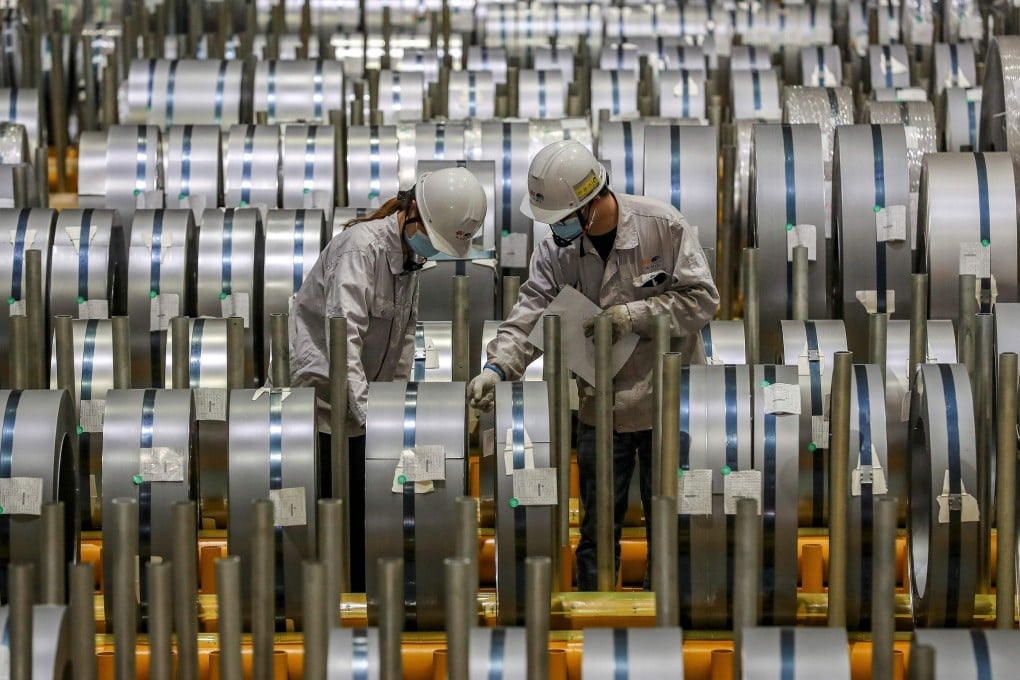Opinion | Yes, China’s workforce is shrinking – but it’s also much smarter and more productive than before
- In all, these better-educated and more productive workers will be more than enough to offset the negative impact of an ageing population and shrinking labour force

There are growing concerns that China’s shrinking workforce will have a negative impact on the country’s long-term growth. However, these worries are overblown, as better-educated and more productive workers are replacing the retirees.
First, the overall educational level in China is improving. Over the past 10 years, the number of people with a bachelor’s degree and above has increased by over 70 per cent, and its proportion of the educated population has increased to 17 per cent.
Meanwhile, the proportion of those with junior high school or lower levels of education fell. We estimate that every two retirees with less than eight years of schooling will be replaced by 1.9 new graduates with at least 12 years of schooling.

10:42
China 2020 census records slowest population growth in decades
In addition, four out of 10 of these new better-educated workers are high-achieving students in the specialised STEM fields of science, technology, engineering and mathematics. This means China’s increasingly specialised labour force will not only help boost longer-term growth in terms of productivity, but also support industrial upgrading and technological innovation in the coming years.
